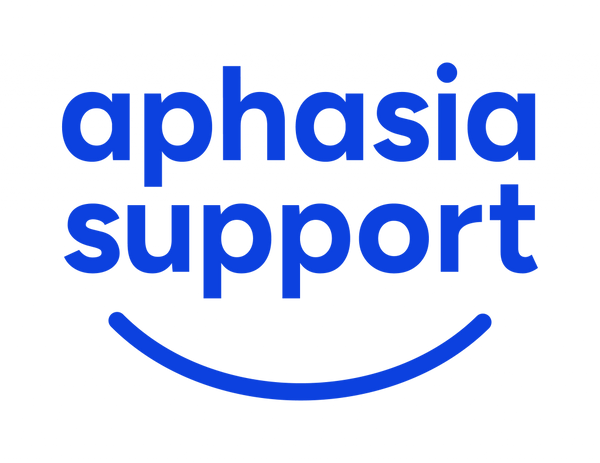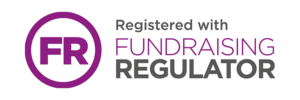Estelle

Meet Estelle, whose life was once full of love, laughter and connection. Looking back, Estelle remembers how effortless communication was, and how much she took this for granted:
"Before my stroke, I didn't have any problems with my speech. I could communicate confidently with anyone. I spoke fluently and had no problems with pronunciation of words. I went out with friends for meals. It was easy to speak to strangers and to my family abroad on the phone or through video calls. All that changed when I had a mild stroke."
Struggling to Communicate
“The first few days I didn't really notice [my speech] as my balance and vision were badly affected, which overshadowed it. Then I couldn't get my words out, almost like I had a stutter."
In the weeks that followed, Estelle began to realise just how much her communication had been affected. Speaking was something that once came so naturally. All of a sudden, it felt different and daunting.
"I tried calling my dog. I couldn't seem to get words in the right order. My sentences were mixed up. Some were just gibberish. It was really scary and disorientating.”
Finding Support
Whilst under the care of her local NHS Speech & Language Therapy team, Estelle was diagnosed with mild aphasia and apraxia of speech.
At the time, Estelle struggled with everyday conversations. Being bilingual made this even harder. Speaking felt taxing and extremely tiring. Life had changed so drastically in such a short space of time. Understandably, this affected Estelle's mental health - feeling a lack of confidence and a weight of uncertainty about the future.
As time went on, Estelle found her symptoms were worsening. This felt worrying, so she asked to explore all the different support options available to her. This is how she discovered Aphasia Support.
"The stroke team had a booklet advertising Aphasia Support. My Speech and Language Therapist gave me some info about the charity, and submitted a referral."
Receiving Speech and Language Therapy
It was important for Estelle to take the first step in her recovery - receiving 1:1 support in the comfort of her own home.
Having met with the charity's Speech and Language Therapist, a personalised plan was put together that focussed on Estelle's communication goals.
"The part I found hardest was speaking. Certain words were difficult for me to say. I struggled with sentence building, and my concentration was poor."
Estelle was matched with Aphasia Support volunteer, Holly. Together, they met every fortnight to work on exercises that gradually built Estelle's confidence in communication. Estelle was loaned an iPad from the charity, pre-loaded with specialist apps (like Cuespeak) to support self-progression.
"In the sessions, we used the iPad to go through exercises that challenged all of my issues. Some of the exercises helped with my concentration and memory."
With input from the charity's Speech and Language Therapist, Holly supported Estelle with word finding, answering questions, spelling, understanding complex written sentences, and having engaging conversations.
"Holly was very friendly, patient and helped when I struggled with the pronunciation of words. She is easy to talk to and understands the challenges that comes with having had a stroke. Her demeanour was reassuring of my struggles. Thanks to this support, my ability to communicate better has improved. My talking is more fluid and I'm able to cope with difficult words better. My concentration levels have also improved."
A Message for Others
Estelle knows first-hand how challenging recovery can be, but she also knows that perseverance pays off. In a message to others affected by aphasia, Estelle shares:
"I would tell them to persevere. Follow the exercises. Be patient and it will get better."
She also thanks the team at Aphasia Support:
"I just want to thank all of you for the wonderful support and help you've given me. It's greatly appreciated.”
It was our pleasure to support Estelle, and we are so proud of the progress she's made. Her story is one of quiet strength, patience and progress - reminding us that having the right support really can make all the difference in recovery.
If you, or someone you know, has been affected by aphasia, please get in touch with our team. Email info@aphasiasupport.org or call us on 0300 102 3500 to find out how we can support you.
Published in 2025.

